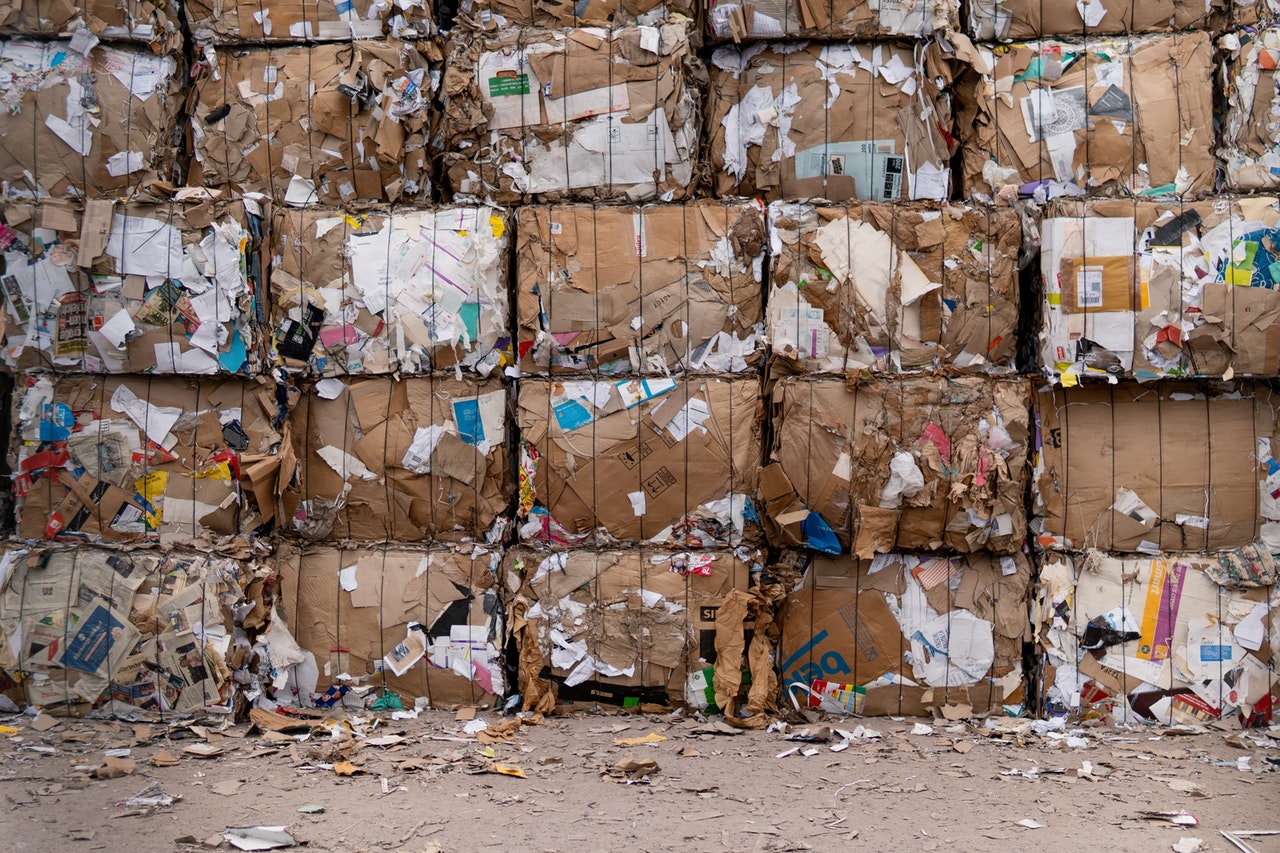You’re likely wondering how Earth got into this mess of too much waste, and what Australia is doing to address the high peaks of rubbish in the landfill sites and in the ocean. Since the country is one of the most wasteful countries in the developed world, it alerts every local council in the country to step up and win against the war on waste.
When China put a halt in accepting foreign waste, it made the whole country into the crisis mode as rubbish continuously piles up every year. It seems that people nowadays have so many ways of creating their rubbish and taking responsibility for it.
Although the effects of having too much rubbish are now manifesting through sudden fires, climate change, global warming, etc., it is now slowly destroying the world, and all living and nonliving things are affected. These results are making people think if Australia is winning or not.
Furthermore, nature lovers just don’t sit and wait for the world to end. Various activities and teams are emerging to battle against one of the world’s biggest enemies. Here are some of the winning acts that will help Australia overcome tonnes of rubbish.
Australia is Slowly Winning on Recycling
Many Australians are already joining the war on waste by reducing, reusing and recycling at home. The annual quantity of waste is in minor decline, according to the Australian National Waste Survey 2016. But along with that, while we are producing 64 million tonnes of waste per annum, this is good news because we are getting better at recycling.
In 2017-18, we used some 3.4 million tonnes of plastics in Australia and 9.4% or 320,000 tonnes – have been recycled. Also, 46% (145,700 tonnes) was reprocessed in Australia, and 54% (174,300 tonnes) are exported for reprocessing. With recovery rates slowly going up, that means a valuable resource is going to waste, but that doesn’t mean Australia will lose. Here are some of the techniques that are keys for the recovery of recycling.
On the other hand, there are 3.4 million tons of Australia’s plastics in 2017-2018 that recycled 9.4% or 320,000 tons. In Australia, 46 per cent (145,700 tons) have been reprocessed, and 54 per cent (174,300 tons) are shipped. Despite the gradual increase of recovery rates, this ensures that a valuable resource is going to waste, but that does not mean that Australia will lose. Here are some of the techniques which are essential to recycling recovery.
- Kerbside recycling. It includes contractors or dealers from the council bringing the recyclable plastics to MRFs (Material Recovery Facilities), where it is processed, compacted, and baled for sale.
- Container deposit schemes. Similar systems currently operate in South Australia, the NSW and Queensland accept selected plastic drink containers (made from PET and HDPE plastics).
- Collect and return to the store. Companies like Paul’s Rubbish Removal collect soft, single-use plastic that consumers return to major supermarkets and on-sell.
- Commercial and industrial. Contractors collect plastics from your workplaces that will be sorted in MRFs.
Reducing Waste Challenges
Waste management is about changing habits. That is why a consideration of this growing concern with waste problems and the pressing need for ways on how to manage it, is really urgent and must gain enough attention from the people and the local councils.
Through initiating a waste reduction challenge, it is helping the environment. Through the simple acts of taking the challenge, it can give a big impact on the rising waste statistics of Australia.
Reusable Coffee Cup Challenge
Australians are currently tossing away an estimated 1 billion cups of coffee per annum. Most people believe that they are biodegradable, but actually, they are plastics. In joining the challenge, people will just ditch their takeaway coffee cups and just use reusable cups to keep them on their work desk or in the bag. Setting a goal of using your own cup 9 times out of ten a day will be a good start.
Provide Your Own Bottle
The biggest offender in the ongoing battle of the war on waste is the plastic bottles. Before leaving the house, you can try filling a bottle with water and take it with you. There are plenty of attractively designed and reusable bottles on the market that you can buy to avoid buying plastic bottles. What makes this challenge more interesting is that you can save up money and can prevent gaining many calories from soft drinks and fruit juice.
Ignoring Straws Challenge
Drinking straws are another offender when it comes to single-use plastics. They are slowly breaking down and making their way into the waterways of Australia. With straws, it’s resulting in a devastating effect on marine life. In this challenge, all you have to do is avoid or ignore the straw. It’s that easy.
Conclusion
It’s no news that Australia is producing billions of tons of waste every year. Although if you look at the statistics alone, you won’t notice a micro decline in numbers. But if you take into account the actions and teamwork of NGOs, local councils and the people that are willing to reduce waste, Australia is already winning but at a slow pace.
At Paul’s Rubbish Removal, Australia will not settle for slow recovery growth. Our team will help increase the speed of winning against the war on waste since our company aims to make the country’s waste manageable. In every rubbish collection, we will assure you to take responsibility for its proper disposal and recycling. For more information about our rubbish collection services, call us at 0407 125 125.







